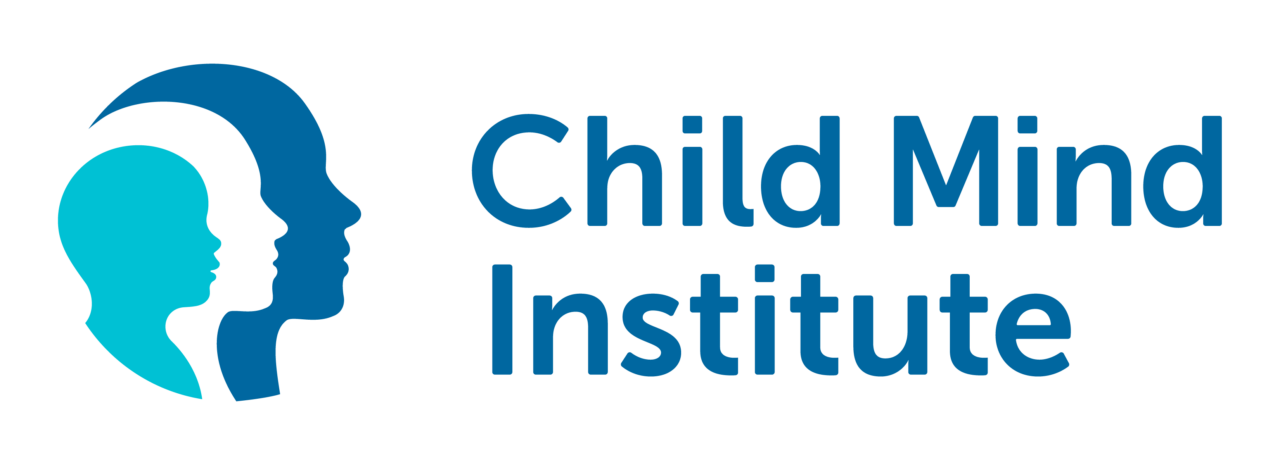Care Newsletter
Care and Support Updates
Updates on the latest clinical offerings from our centers in New York City and the San Francisco Bay Area.
April 25, 2024

FOR CAREGIVERS
Autism and Applied Behavior Analysis (ABA)
Applied behavior analysis (ABA) is a therapy that has been shown to help kids with autism learn developmental skills and lessen harmful behaviors, like hurting themselves. The effectiveness of ABA is supported by hundreds of studies. The Autism Center at the Child Mind Institute offers comprehensive and targeted ABA. Parents and caregivers are simultaneously trained in specialized techniques they can integrate into their child’s daily routine to support key developmental areas. These interventions can:
- Enhance communication and language skills
- Build play and social skills
- Increase independence in a child’s daily routine and self-care
- Improve flexibility in terms of thinking and routine
- Reduce problematic or harmful behaviors

FOR EDUCATORS
Why Do Students Have Trouble With Transitions?
Humans are creatures of habit. Even when we welcome it, making a change can be uncomfortable and take extra effort. So, it’s not surprising that children often find it hard to transition between activities, places, or objects of attention. Being asked to stop doing one thing and start doing another is a very common trigger for problem behavior — especially for kids who have emotional or developmental challenges.

FOR CLINICIANS
Resources for Pediatricians
When parents are concerned about a child’s well-being, their first instinct is often to consult their pediatrician. Because when a child is struggling with their emotions or behavior, or struggling in school, it can be just as concerning as an issue with their physical health.
We offer a selection of resources for pediatricians to pass along to families concerned about their child’s mental health or learning issues. Resources are free, downloadable, and written explicitly to help families provide informed support.

EVENT SPOTLIGHT
Join experts from the Child Mind Institute and The Shefa Center to learn how very young learners develop literacy, what signs may signal difficulties, and what you can do at home and in early childhood settings to support literacy growth.

CLINICIAN SPOTLIGHT
E. Emilie Weiner, BCBA, is a board-certified behavior analyst in the Autism Center at the Child Mind Institute. Emilie has over ten years of expertise in early childhood development and behavior, autism spectrum disorder (ASD), and language and developmental delays. She has advanced training and experience in naturalistic approaches of applied behavior analysis (ABA), including natural environmental teaching (NET) and the Early Start Denver Model (ESDM).
Clinical Programs
The Child Mind Institute’s clinical programs provide evidence-based services targeting specific skills in a tailored environment.
Interested in More Content Like This?
Sign up to get weekly resources like this delivered to your inbox.

